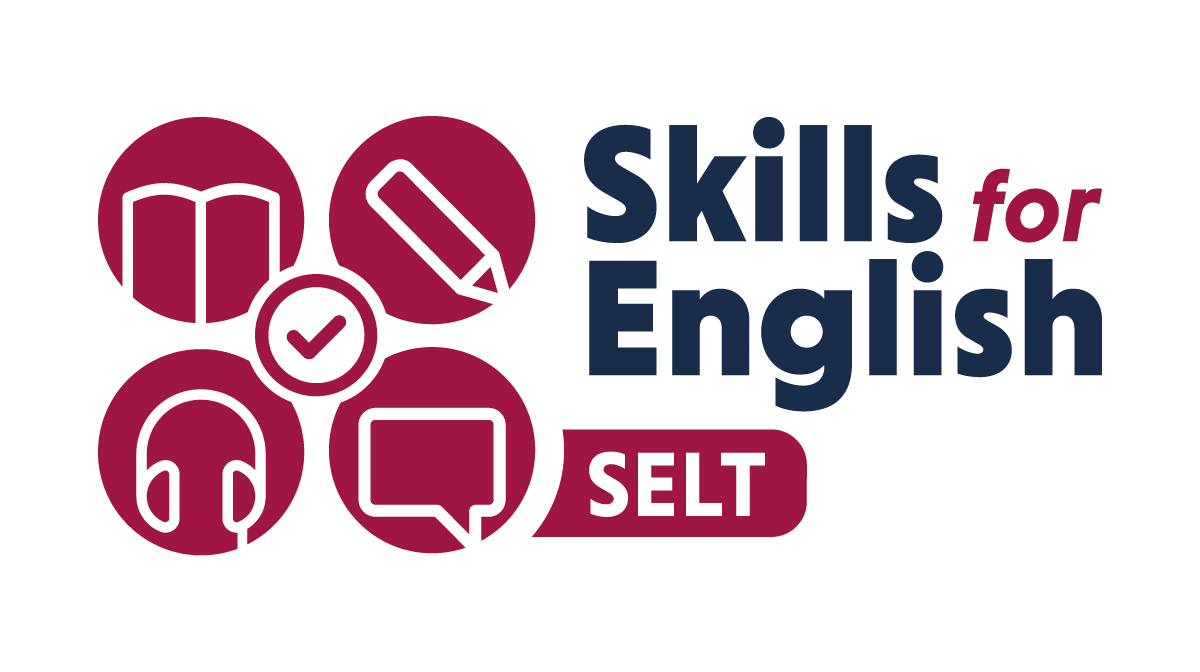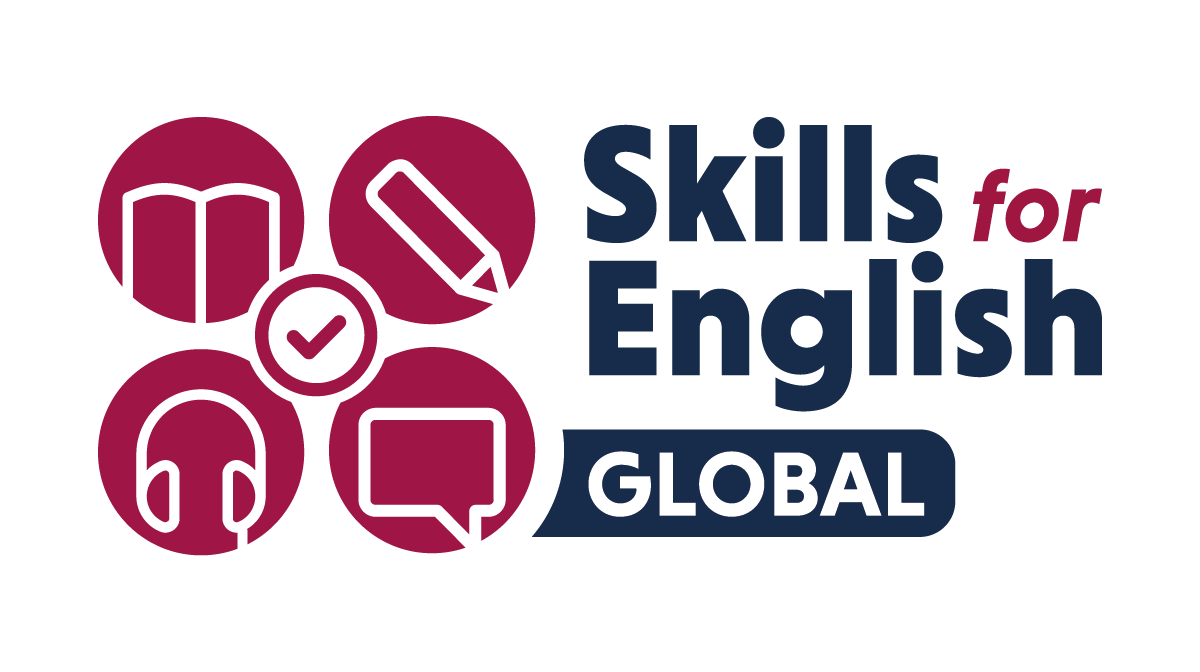Year on year, young people’s choices for study across the world are changing. More students in more countries have greater access to detailed information about an increasing number of receiving countries and their constituent higher education institutions. As reported by Western Union, some of the biggest sending countries for the near future include China, India, Vietnam, and Nepal – all of which are looking to countries like the UK, the USA, Canada, and Australia to obtain university qualifications. This growth has been reported widely through the sector and is supplemented further by the expansion of transnational options such as collaborative provision and distance learning, says Universities UK. Simply put, the higher education sector is in the midst of some changes.
However the future of higher education looks, these changes will undoubtedly bring many benefits to the sector. Universities’ cultures, rooted in one sense within the student populations they attract and educate, benefit hugely from a diverse body of undergraduates and postgraduates, according to Forbes. Exposure to the beliefs, perspectives, and languages of others from around the world can be transformative for students and represents a part of the university experience no lecture hall can provide.
Indeed, the linguistic diversity that solid international recruitment strategies can foster requires special attention. There are two kinds that are most relevant for higher education officials: the native language(s) of prospective students and, for universities in the English-speaking world, English language ability. These two facets reflect a broader point about how every country is different and must be treated as such in recruitment strategies; students’ makeup will vary as a function of the importance their culture places on (international) education, the influence of key stakeholders (parents, schools, agents, and universities) over study abroad decisions, and internal knowledge of international higher education institutions. In just the same way, students from different countries will come with different native languages and, critically, varying awareness of different English language tests.
Coupled with this, diversification aims must keep in mind the growing expectations international students have for their university experience, according to ICEF Monitor. Discussions of graduate employability, how better to deliver hybrid learning, and scholarship opportunities constantly go round university circles. Professor Johanna Walters, of the Department of Geography at University College London believes COVID has made international students feel that they’ve missed out and been taken for granted, and so their demands are higher than previous generations for the services universities provide. More flexibility on the part of higher education officials to accommodate their needs is certainly expected. One way institutions can do this is by increasing the number of choices students have when looking to obtain an English language qualification. Tired of the traditional, outdated options on the market, students need universities to recognise more tests to ensure their application is as frictionless as possible.
Having conducted extensive market research, Skills for English, from PSI Services and the Scottish Qualifications Authority (SQA), may be the test to help universities diversify their student recruitment. It is available in one sitting, which reduces hassle on the part of students by not having to travel long distances to take the test multiple times. With the launch of Skills for English: Global students now also have a test choice that can be taken remotely. Skills for English tests have automatic, computer-based marking for receptive skills (reading and listening) that minimizes result wait times for students involved in lengthy international applications. Remote, anonymous marking for productive skills (writing and speaking) eliminates the potential for in-country examiner biases to influence outcomes. PSI’s global leadership in delivering high-stakes tests, having fulfilled over 17 million last year alone, and its investment in remote proctoring ensures result security to prevent cheating. And, most broadly, its international outreach strategy involves working on the ground in-country to develop partnerships and has already led to the founding of a Skills for English team in India to connect with parents, language schools, and agents.
Adding Skills for English to the list of English language tests that your institution accepts is a sure-fire way to increase the diversity of your student population. The students of the future expect flexibility on the part of universities today, and the diverse backgrounds of those students today will benefit the cultures of universities in the future. Foster diversity; recognise Skills for English.




